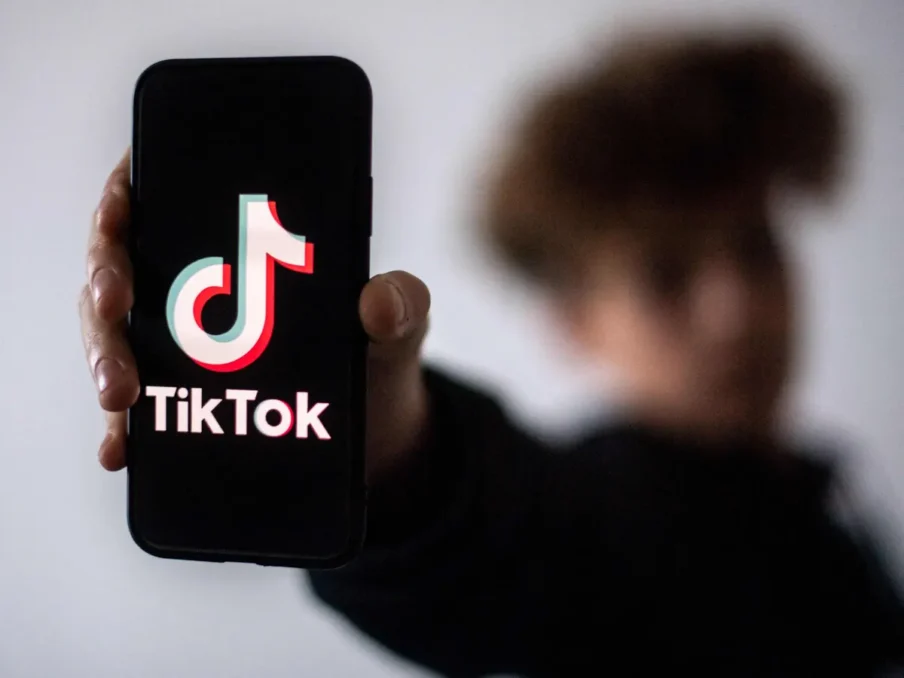The imminent implementation of Europe’s Digital Policy and Regulations will impact Global Tech Giants such as Google, Meta, TikTok and other major players. The impact of this Digital Policy will be far-reaching and will ripple across the world.

Cue : The Digital Services Act
The initial phase of the European Union’s Digital Policy and Regulations is about to roll out, marking a dramatic moment in history for tech governance. The Digital Services Act (DSA) is just one facet of the broader framework of tech-focused regulations devised by the EU (consisting of 27 nations) to crack down on tech giants.
Putting User Safety and Rights at the Front
The Digital Services Acts is set to go into effect on Friday by which date all major platforms must ensure that users are kept safe online and to stop content from spreading that may be illegal or that may violate a platform’s terms of service. The legislation appears to be designed to protect European users basic fundamental rights such as privacy and free speech setting up a delicate balance.
Tech Giants put back into the Spotlight
Many of the online platforms, aware of the potential multi-billion fines for non-compliance(from past experience), have already initiated changes to align with the incoming Digital Policy & Regulations. Here’s a breakdown of the upcoming changes:
- Companies Impacted by the Digital Policy : 19 companies have made the list so far. The list includes Meta, TikTok, Twitter (or now X), YouTube, Instagram, LinkedIn, Pinterest, SnapChat, Amazon, Booking.com, Alibaba AliExpress, Zalando, Google’s Play Store, Apple’s App Store, Google’s search engine, Microsoft Bing’s search engine, Google Maps and Wikipedia.
- More Companies to be Impacted : Companies with over 45 million users or 10% of the EU’s population will be the most impacted and face the strictest regulation. The current list does however exclude some notable companies but that might change at a later date.
- Adjustments in Motion – As these platforms adapt to the impending Digital policies and regulations, changes are already taking shape. Amazon has introduced new methods for reporting potentially illicit products, while TikTok offers users additional reporting options for objectionable content(it can be appealed). Both platforms are reinforcing their moderation teams to swiftly assess flagged content and take them down quickly if needed.
- Personalization vs Transparency – TikTok and Snapchat are tweaking their advertising strategies to be in compliance with DSA guidelines. TikTok will discontinue personalized ads for users aged 13 to 17, focusing on responsible content delivery based on what’s popular in their area and around the world. Snapchat, on the other hand, is limiting personalization and optimization tools for teen users in the EU and U.K., while providing clearer insights into the ads shown to older users (18+).
- Legal Challenges to the Digital Policy – Zalando a German company has filed a lawsuit claiming it had been unfairly added to the list. Amazon as well has filed a legal challenge. These litigations are expected to play out in court.
- Enforcement of the DSA – Violation of these regulations could result in fines reaching up to 6% of a company’s global revenue or even a ban from the EU market. The primary focus is on companies’ internal mechanisms, particularly their algorithms to ensure that they don’t contribute to harmful content.
The Global Ripple Effect of the Digital Policy
As Europe makes these changes, their effects are likely to be felt worldwide. Wikimedia Foundation, responsible for Wikipedia, has indicated that modifications to its policies will have a global scope. Considering the interconnected nature of the digital world, these regulations are bound to initiate ripples across the global tech industry.
Europe’s new regulations are set to redefine how tech giants interact with users and content, transcending geographical boundaries to shape a safer, more responsible digital world.













